Get rid of the pain and return to your normal lifestyle with Total hip Replacement Surgery
Pristyn Care’s orthopedic surgeons prefer the most advanced procedure of minimally invasive hip replacement over the conventional hip replacement surgery in which 1 or 2 small incisions of 3 – 4 inches are made. The aim of the minimally invasive hip replacement surgery using smaller incisions is to reduce post-operative pain and ensure a speedy recovery. Unlike conventional total hip replacement surgery, minimally invasive hip replacement surgery is suitable and highly beneficial for all patients. Consult the best orthopedic surgeons to undergo minimally invasive total hip replacement surgery.
Why might I need a total hip replacement?
A patient has typically suggested a hip replacement surgery if he or she has had significant damage to the hip joint. Several health conditions can damage the hip joint, including-
- Injury or fracture of the joint
- Bone tumor in the joint
- Osteonecrosis
- Osteoarthritis
- Rheumatoid arthritis
Any such damage to the hip joint can be severely painful and might even interfere with the individual’s normal lifestyle and activities. Minimally invasive hip replacement surgery can help get relief from symptoms of the condition, recurring or constant pain, and improve the overall mobility and the overall quality of life. Minimally invasive hip replacement surgery is usually recommended to an individual if he or she still has significant problems and prevailing symptoms even after trying other non-surgical treatment options.
What are the advantages of minimally invasive hip replacement surgery?
Minimally invasive hip replacement surgery is the modern procedure preferred by most orthopedic surgeons due to its less invasive surgical approach. During a minimally invasive hip replacement surgery, the surgeon makes a smaller incision of 3 to 4 inches, which is nearly half as compared conventional hip replacement surgery. Benefits of undergoing minimally invasive include-
- Smaller scar
- Less damage to the nearby soft tissue
- A faster rehabilitation
- Lesser postoperative pain or discomfort
- Less blood loss
- Shorter Hospital Stay
Consult the best orthopedic surgeons who specialize in minimally invasive orthopedic surgeries such as minimally invasive hip replacement surgery, carpal tunnel release surgery, ACL reconstruction surgery, etc.
How to book an appointment with Pristyn Care for Minimally Invasive hip replacement surgery?
Pristyn Care has many clinics across Delhi. To consult our expert orthopedic surgeons for any doubts, concerns, or queries, visit the nearest clinic to know the solution. Book an appointment with the best orthopedic surgeons or book an online consultation and consult the doctor via a video call.
Treatments for Degenerative Joint Disease in the Hip
Patients suffering from the degenerative joint disease are advised to undergo prompt treatment. There are a number of treatment options for the degenerative hip disease, ranging from nonsurgical to surgical treatment. The treatment option for each patient is chosen based on several individual factors, such as age, activity level, the extent of cartilage loss the joint has experienced, and the effect of the disease on the patient’s life.
Different treatments for degenerative disease in the hip joint you that may discuss with your orthopedic doctor include-
- Medication- Medications can help reduce inflammation and swelling and can help manage the pain.
- Physiotherapy- This can help strengthen the muscles around the affected joint and thus improve mobility and reduce pain. However, patients with severe pain or symptoms may require physiotherapy for several weeks or months.
- Hip operation- If other treatments are not successful, the orthopedic surgeon may advise a hip joint replacement procedure. The surgeon will replace the injured hip joint with a metal or ceramic implant to restore function and quality of life.
List of Hip Replacement Doctors in Delhi
| 1 | Dr. Abhishek Bansal | 5.0 | 20 + Years | Express Greens Plaza, Sector 1,Vaishali, Ghaziabad | Book Appointment |
| 2 | Dr. Manu Bora | 5.0 | 19 + Years | A1/26, adjacent to Green Fields Public School | Book Appointment |
| 3 | Dr. Bhagat Singh Rajput | 4.6 | 44 + Years | 29, Ring Road, Block L, Lajpat Nagar, New Delhi | Book Appointment |
| 4 | Dr. Prabjit Singh Gill | 4.6 | 40 + Years | Pristyn Care Diyos, Safdarjung Enclave, New Delhi | Book Appointment |
| 5 | Dr. Nikhilesh Singh | 4.6 | 21 + Years | Pristyn Care Diyos, Safdarjung Enclave, New Delhi | Book Appointment |
| 6 | Dr. Soumya Shrikanta Mohapatra | 4.6 | 14 + Years | New Railway Rd, near Dronoacharya Govt College, Manohar Nagar, Sector 8, Gurugram, Haryana 122001 | Book Appointment |
| 7 | Dr. Rahul Garg | 4.6 | 9 + Years | Pristyn Care Elantis, Lajpat Nagar, Delhi | Book Appointment |







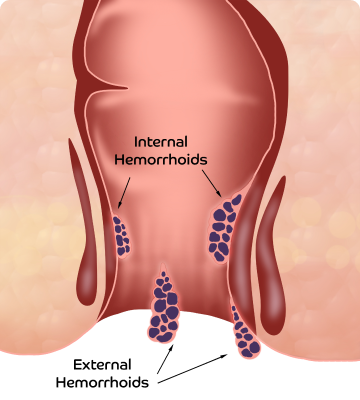
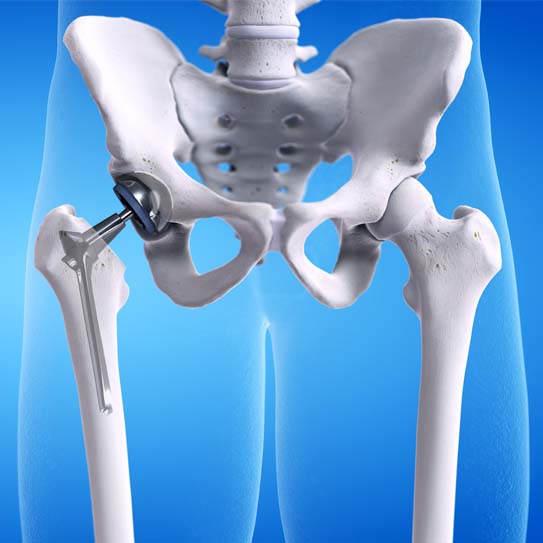
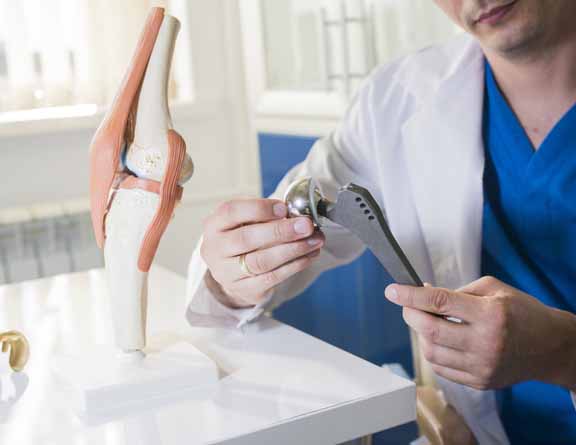
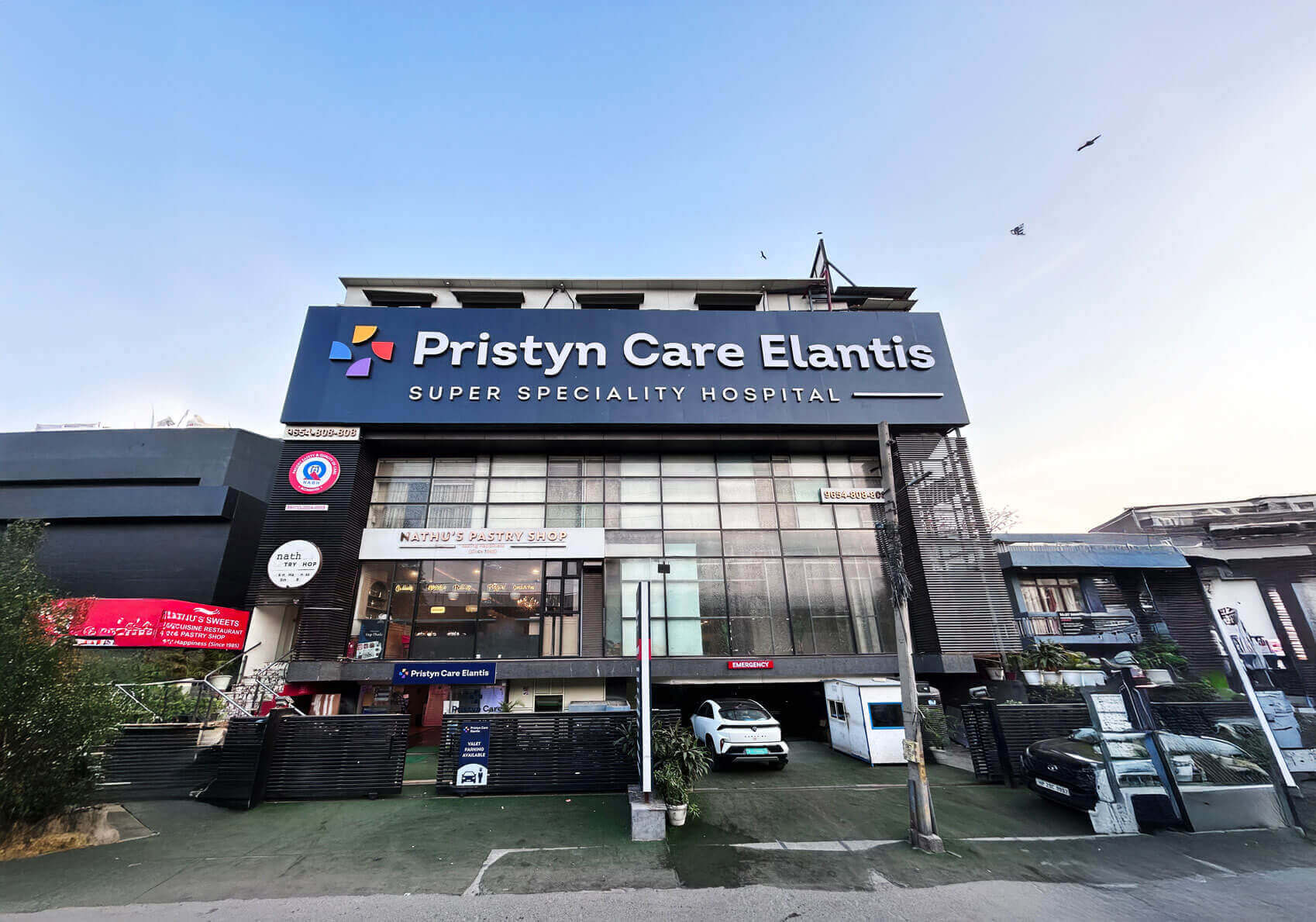
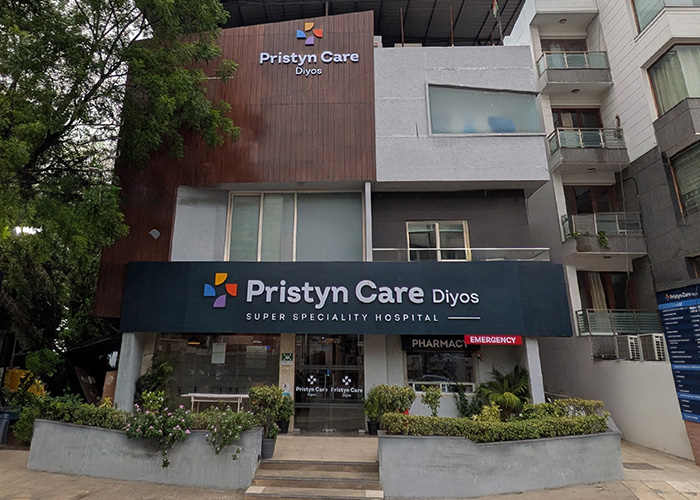
 4.7/5
4.7/5
 NABH
NABH NABH
NABH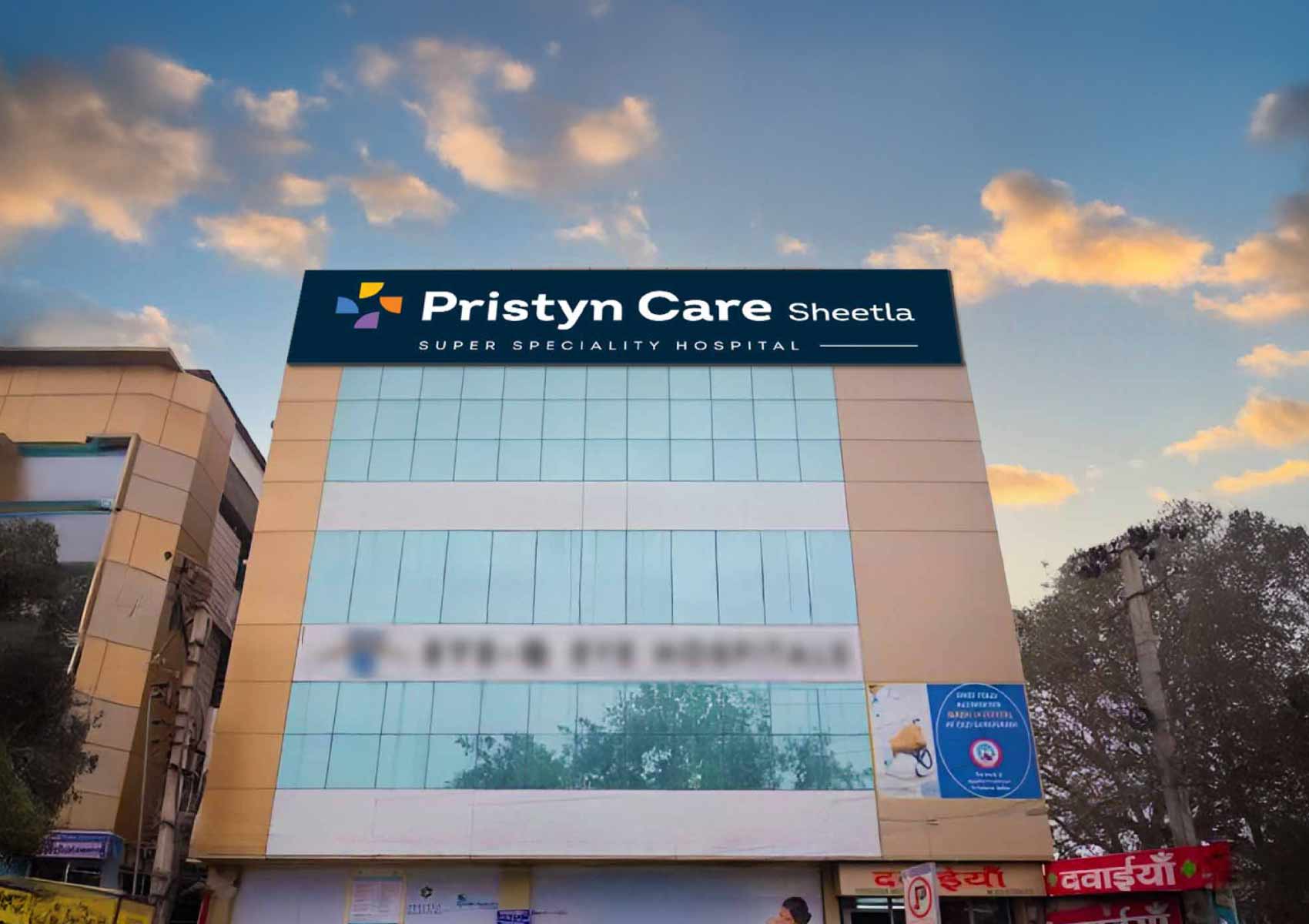
.svg)









